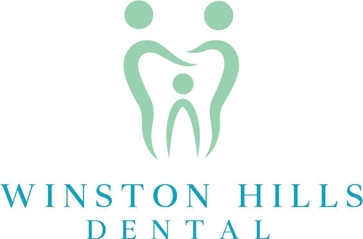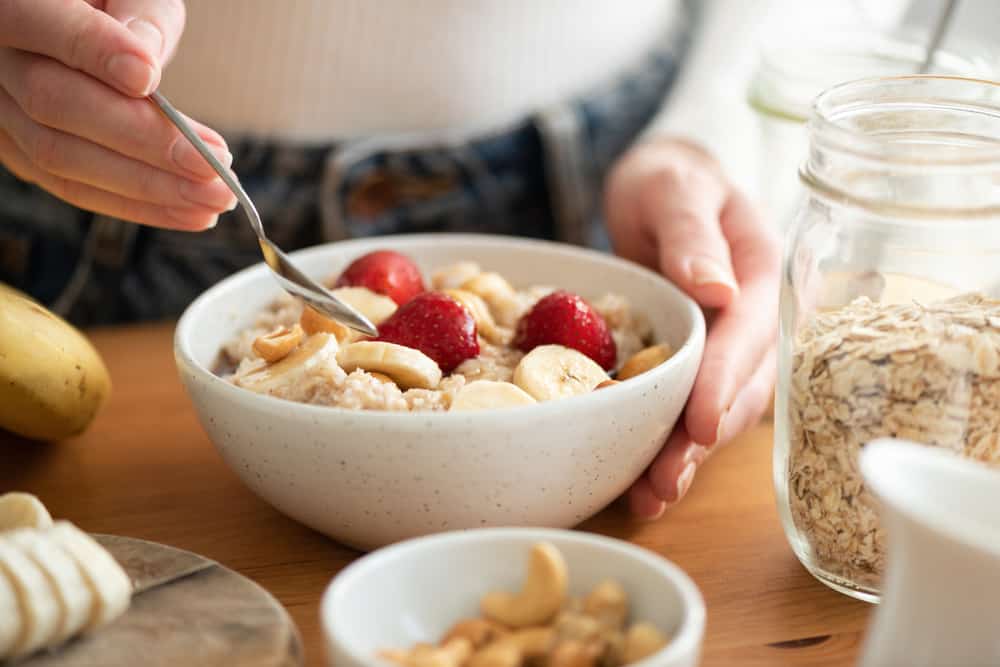A tooth extraction can be daunting, leaving one feeling like they have been through a battlefield. The right nutrition is essential for recovery as the body begins to heal.
This guide provides an overview of the types of food that can offer comfort, healing, and energy in the aftermath of tooth extraction.
Soft Foods for Comfort
Soft foods can provide comfort and nutrition to individuals who have recently undergone tooth extraction. Such foods should be eaten for at least the first few days following dental surgery or wisdom teeth extraction to reduce the risk of a dry socket forming and to give the blood clots that form to aid in the healing process a chance to become firmly established.
Soft foods such as ice cream, cottage cheese, yogurt, pudding, apple sauce, mashed potatoes, and other cooked vegetables and fruits can provide healing nutrients. Solid foods should be avoided until the healing process is complete.
Eating soft foods can help decrease the risk of a dry socket developing and comfort the patient who has just undergone a tooth extraction.
Warm Liquids for Soothing
Consuming warm liquids may provide relief for individuals recovering from a tooth extraction. Warm liquids such as soup and broth-based soups benefit those with sensitive mouths. Soups such as tomato, vegetable-based, and pumpkin can be served warm or cold and provide essential nutrients. Additionally, plain or Greek yogurt is a good choice that is full of protein and probiotics. Banana ice cream is a popular option among those recovering from tooth extraction because it is soft and easy to swallow.
In summary, warm liquids can benefit those recovering from tooth extraction. These warm liquids include:
- Soup and broth-based soups
- Tomato soup
- Vegetable-based soups
- Pumpkin soup
- Plain or Greek yogurt
- Banana ice cream
These options are soothing and provide essential nutrients to aid in the healing process. With proper care, individuals can recover quickly and efficiently from a tooth extraction.
Healthy Fats for Energy
Including healthy fats in the diet can provide energy and support overall health during the recovery process following wisdom tooth removal or a tooth extraction surgery. Examples of healthy fats include:
- Olive oil
- Soft cheeses
- Protein powder
- Pieces of fruit and vegetable
These foods provide essential vitamins and minerals, such as vitamin B, which can aid blood clotting. Additionally, healthy fats provide the energy necessary during the recovery process after tooth extraction.
Eating a balanced diet with healthy fats can help ensure a full and successful recovery after tooth extraction.
Vitamin-Rich Foods for Healing
Certain foods rich in vitamins and minerals can be beneficial during the recovery process from a tooth extraction or wisdom tooth removal.
Protein-rich foods, such as fish, lean meats, beans, nuts, and dairy products, can help the body repair and build the tissue around the extraction site.
Fruits and vegetables are high in vitamins, minerals, and antioxidants and can help the body heal.
Additionally, soups and other soft foods like mashed potatoes or cooked grains can provide the necessary nutrients without irritating the extraction site.
Toast, juice, and other beverages can also help provide much-needed hydration and vitamins.
An ice pack can help reduce swelling and discomfort at the extraction site.
Protein-Packed Foods for Muscle Repair
Protein-packed foods are important for muscle repair and recovery after a tooth extraction or wisdom tooth removal. Protein is an essential nutrient that helps to repair damaged muscle tissue, and it is important to consume a variety of sources of protein to ensure adequate amounts are ingested.
A soft-food diet is typically recommended for those recovering from wisdom teeth removal, but this does not mean protein should be avoided. Instead, it is important to focus on foods containing enough protein to aid healing.
Protein-rich foods include lean meats, fish, eggs, yogurt, cheese, beans, and nuts. Soft and chewy foods such as cooked eggs, tuna, or salmon can also benefit those on a soft-food diet. Additionally, crunchy foods like nuts or seeds can provide an additional source of protein. It is important to note that these foods should be consumed in moderation and in the recommended amounts for optimal healing.
Calcium-Rich Foods for Bone Health
While protein-packed foods are essential for muscle repair, ensuring that the body receives enough calcium to promote bone health following a tooth extraction is also important. Calcium-rich foods, such as soft and liquid foods, are a great way to ensure this.
Soft vegetables, such as spinach, kale, and broccoli, are an excellent source of calcium and can be easily added to soups or blended into smoothies. Fruits, such as oranges, figs, and strawberries, are rich in calcium and can be incorporated into various recipes or eaten independently.
A protein powder can also be added to soups and smoothies to further aid in muscle repair.
It is important to note that following a tooth extraction or other dental procedure, it is best to stick to soft and liquid foods to ensure the healing process is not disrupted. Incorporating calcium-rich foods into the diet can help to promote bone health and facilitate successful healing.
Probiotic Foods for Gut Health
In addition to calcium-rich foods, probiotic foods can benefit gut health following a dental procedure. Probiotic foods, such as yogurt, kefir, sauerkraut, and kimchi, contain beneficial bacteria that can help break down food and support the digestive system.
To ensure optimal gut health, avoiding cold foods and crumbly food is best, as these can be uncomfortable for the mouth. Harder foods, such as apples or carrots, can be difficult to chew, so consuming them at the perfect temperature is best.
A healthy breakfast of oatmeal, with some probiotic-rich yogurt mixed in, is a great way to start the day. Sticky foods should be avoided, and fizzy drinks and citrus fruits should be avoided. However, if these foods are consumed, they should be eaten cautiously and in moderation.
Key Takeaways
Imagining a mouth full of healthy, nutrient-rich foods can be comforting after tooth extraction. Eating foods that provide vitamins, minerals, healthy fats, and protein can help promote healing, repair muscle, and support bone health.
Additionally, consuming probiotic foods can help promote a healthy gut. Taking the time to properly nourish the body after a tooth extraction is essential for the body to heal and return to a healthy state.
At Winston Hills Dental, located in Winston Hills, NSW, we understand how important it is to nourish the body after tooth extraction. We are here to support you in your recovery journey and help you maintain a healthy and balanced diet. Eating various nutrient-rich foods and nourishing your body properly can help promote healing and recovery. Visit us today, and let us help you return to a healthier and happier you!

